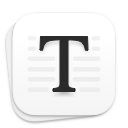Tools of the Writing Trade

Here are the tools I use to write your favorite cyberpunk science fiction novels.
Getting Started
OneDrive
This one is non-negotiable. You should be backing up everything you're writing, and there's no easier way to do that than working out of your OneDrive (or Dropbox). It comes bundled with Microsoft 365, so there's no excuse!
https://www.microsoft.com/en-us/microsoft-365/onedrive/online-cloud-storage
Pandora
I can't write in silence, nor can I write listening to music that has lyrics. That's why I love Pandora, because it has a ton of channels that are Classical or ambient or otherwise lacking words. My recommendations include:
- Solo Piano Radio
- Classical For Studying Radio
- Vaporwave Radio
- Spa Radio
Defonic ($19)
If you're ever trying to set the mood and need some background noise, be sure to check out Defonic. I use it primarily for rain, thunder, and wind sounds, but it has coffee shops and beaches and wilderness. Surround yourself in the sounds of the scene you're trying to write... it can really help get you in the mood.
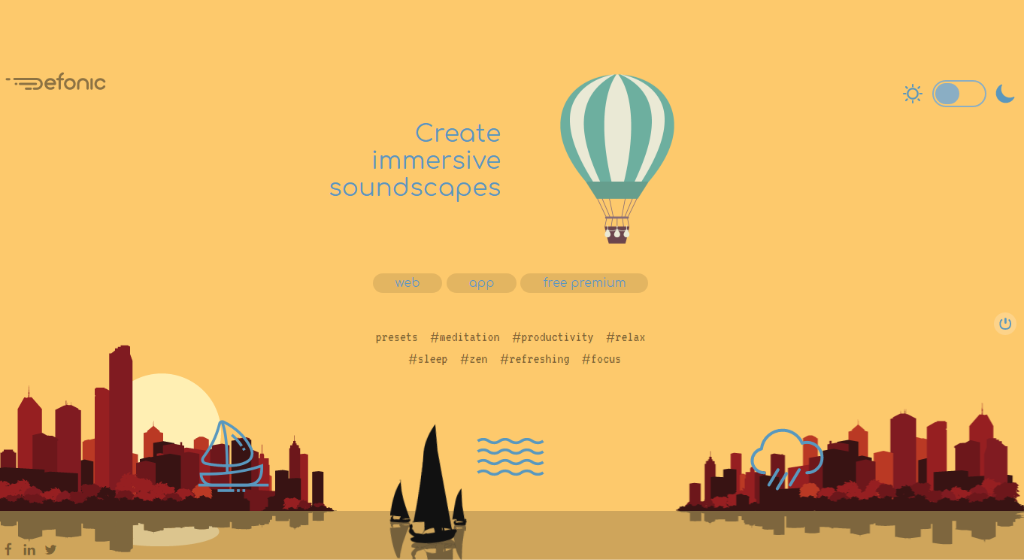
Timer
It sure is daunting to sit down at the computer in the morning and not know how long you're going to be there. Or worse, not knowing when you're going to get to all the other things you need to do today. One thing that helps me is a Pomodoro timer like the one linked below. Tell yourself you're going to spend 1 hour writing, set the timer, and go. When it's over, move on with your day.

Das Keyboard ($199)
Sure, a writer's keyboard choice is largely personal, but if you're looking for speed and durability, I can't recommend Das Keyboard enough. I'm on my fourth one, not because they die (none ever have), but because I keep wanting the newer versions, which keep getting better and better. They are pricey, but think about how many hours you spend with your fingers on the keyboard. You're worth it.
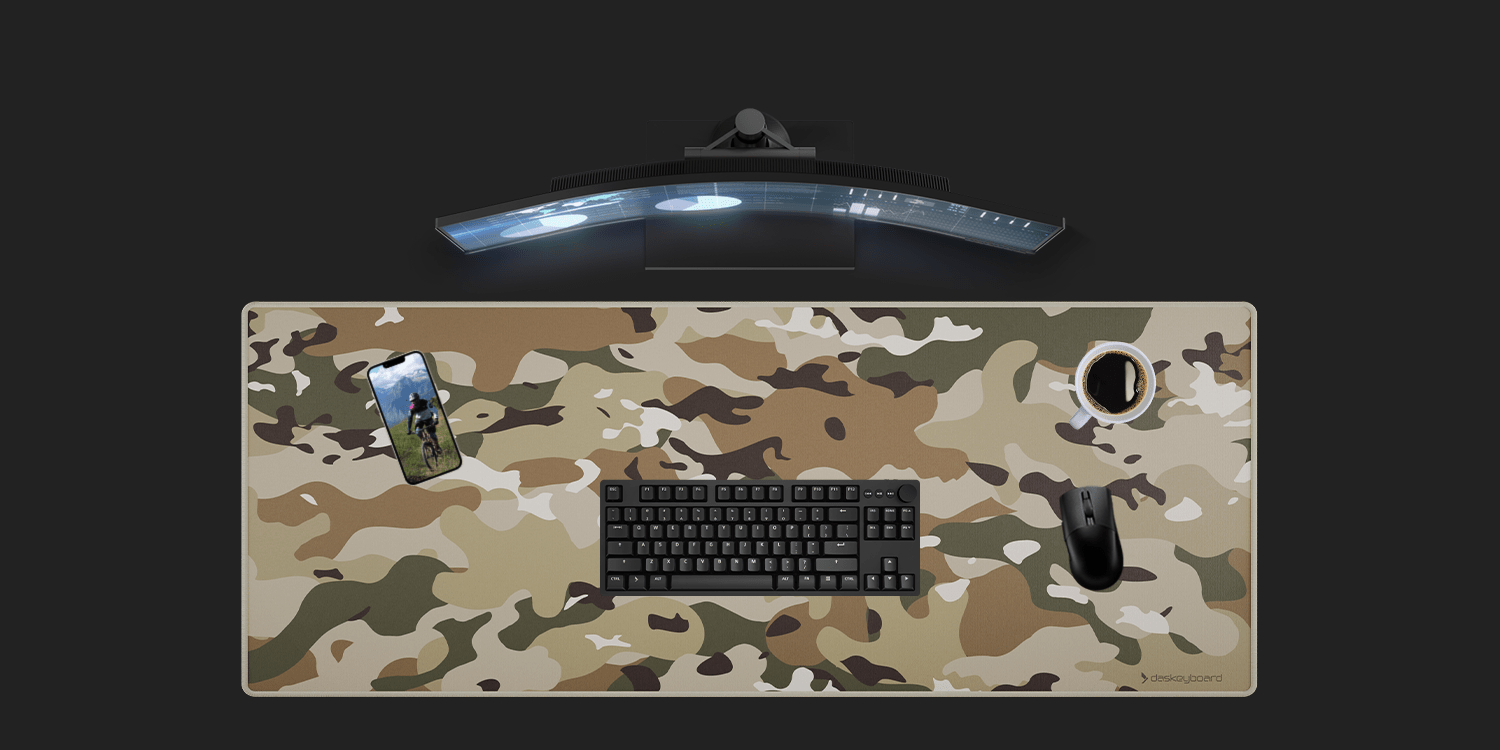
Brother Printer
If you're going to be printing out your book over and over to edit it, you're going to need a printer that is fast and never seems to run out of ink / toner. I've used a Brother monochrome laser printer forever and have only replaced it once when they came out with a wireless version. These printers are no-brainer, and if you've never had a laser printer before, be prepared to geek out like a true writer.

Red Pens
Again, this is a huge personal choice. My requirements are thin lines and smooth writing, so lately I've been using the Pentel EnerGel RTX Retractable Liquid Gel Pen, (0.3mm) Needle Tip, Extra Fine Line, Assorted Ink, 3-Pk (BLN73BP3M)
Get them here: https://amzn.to/4dZpirm
Exploratory Writing
Not all novels begin in Microsoft Word; likely, very few do. Instead of starting a new project in Novlr or Scrivener, you'll want a place where you can just scratch out a test scene or explore an idea. I use this stage to figure out if an idea can become a scene can become a story. Mostly, you want to keep these ideas organized, often by date or with tags.
Typora ($15)
Scratch writing is all about minimizing distraction so you can just throw out some words. Typora is about as complicated as you can get before things get out of hand. Rather than being a pure plain-text editor, it uses Markdown, so you can bold, italicize, and use some basic formatting if you want to. The interface also has a folder browser, so you can switch quickly before older files. Load it up, give it a root folder inside your OneDrive, and start writing.
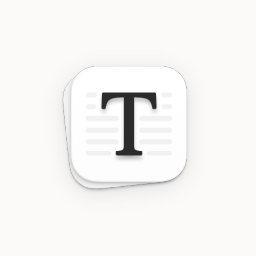
Dark Room
If you like to scratch write in Hardcore mode, check out Dark Room. I used this before Typora, and its default full-screen, green monospace text on black background was my safe writing space for years. Absolutely no frills on this one, and if that's what you need to concentrate, then this is your app.
Get it here: dark-room.en.softonic.com
First Draft
Novlr (Free, $4/mo, $14/mo)
When it comes to the first draft, my mantra is remove all distractions. Novlr helps you accomplish this with a distraction-free writing stage. My favorite features include the stats, the occasional toasts that cheer you on, and the community. The team behind Novlr make themselves available to users, and they're great people to know. If you're just starting out, Novlr is a great place to begin.

Scrivener ($60)
The OG novel-writing software is still a great option in 2024. I've always found 80% of it too complex for my use, but I love the ability to move chapters around, keep notes alongside chapters, and only paying a single fee for lifetime usage. Sometimes they release a new version that requires an upgrade free, but I never hesitate to pay it, even when I'm primarily using Novlr.

Revisions / Editing
Microsoft Word ($70/yr)
I know, it costs money. $100 a year [for the family version]. But if you grew up in the 90s/2000s, then you're already used to it. Invest in yourself and grab the yearly subscription, which includes 1TB of storage in OneDrive. I honestly do not know how I would write books without Word. I mean, it's probably possible.
https://www.microsoft.com/en-us/microsoft-365
Grammarly
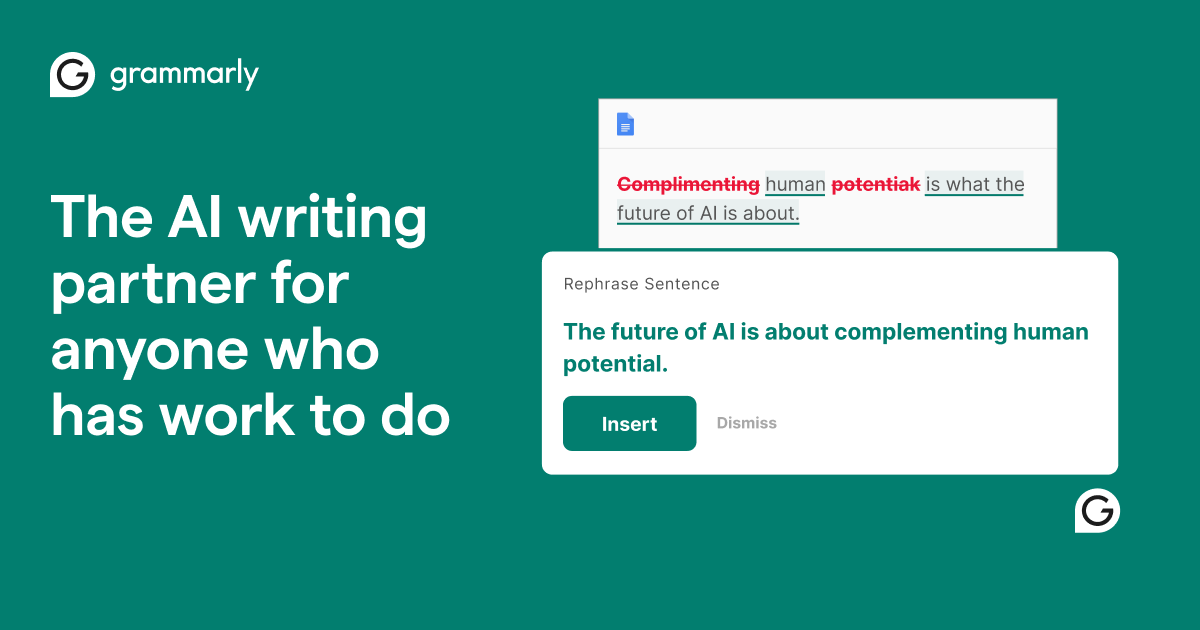
Formatting
Kindle Create
Graphics
Canva Pro ($120/yr)
Kindle Cover Calculator (Free)
I have a professional create my covers, but they only do the front. If you're trying to make both the front, spine, and back, you'll need the proper measurements for the graphic based on the size of your book. That's where the Kindle Cover Calculator comes into play. Get the right measurements, plug those into Canva, and boom, easily create the full-cover graphic.
Find it here: https://kdp.amazon.com/cover-calculator
Marketing
Ghost
The way social media is going these days, you need an author website to hold your content and connect with readers. I recently switched over to Ghost after hosting on Squarespace, WordPress, and my own server. The built-in newsletter features and ability to hide your content from AI scrapers behind a free paywall are deal-makers for me.

Books on Writing
Here are some of my favorites:
- On Writing by Stephen King
- How Not to Write a Novel




